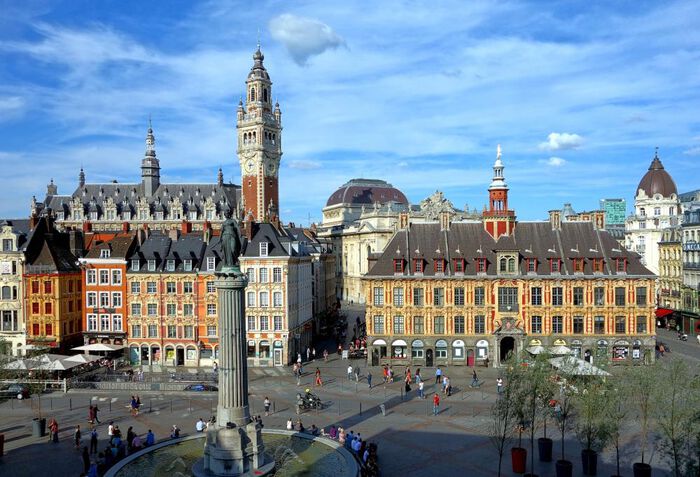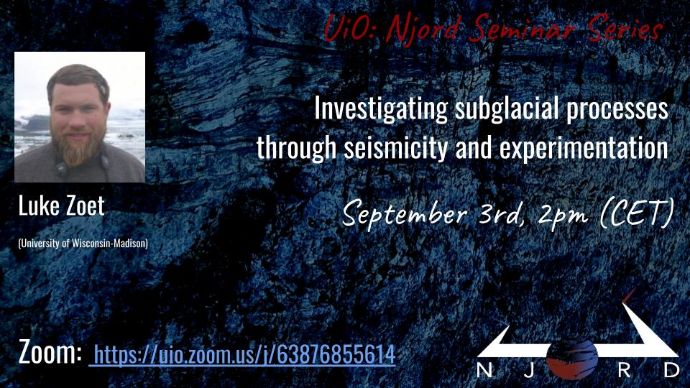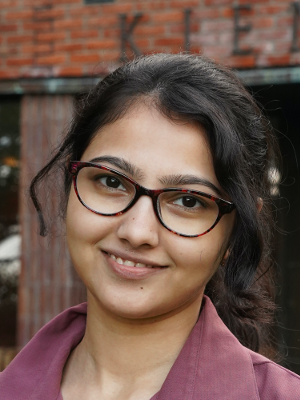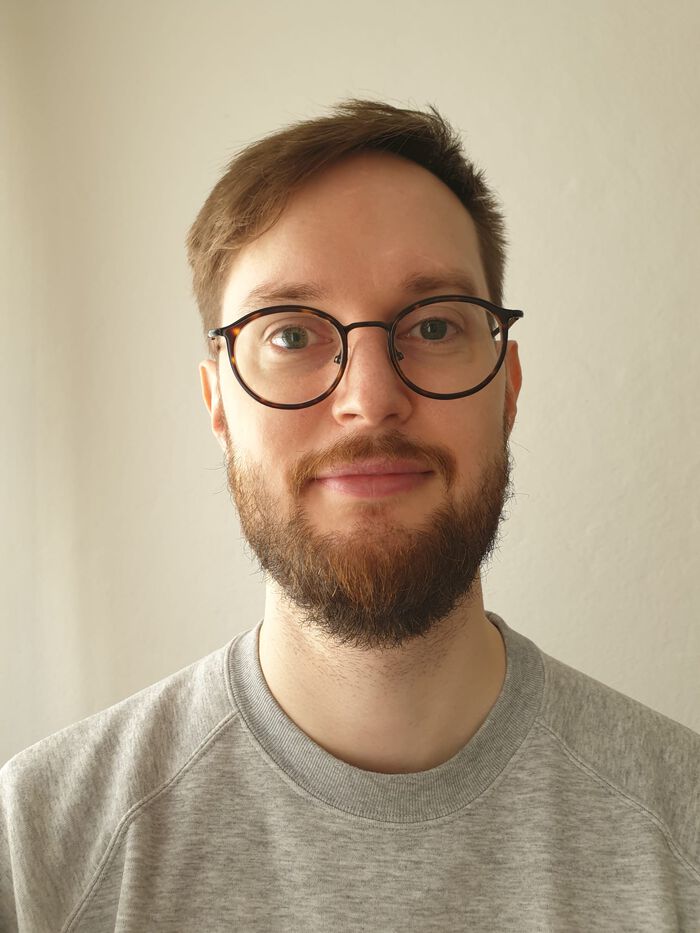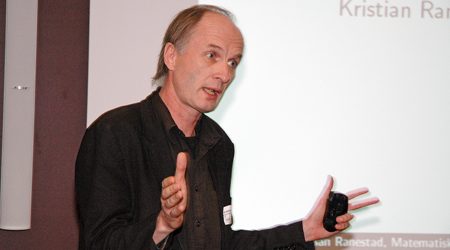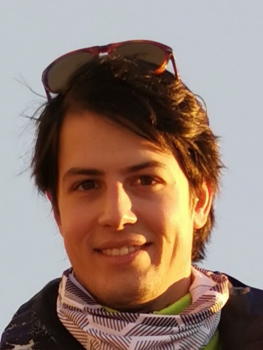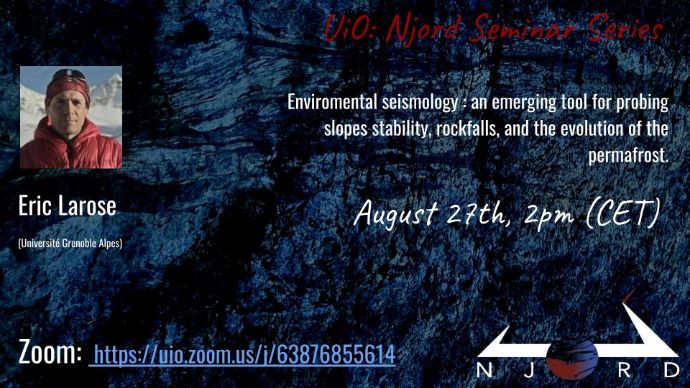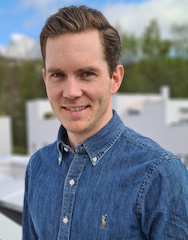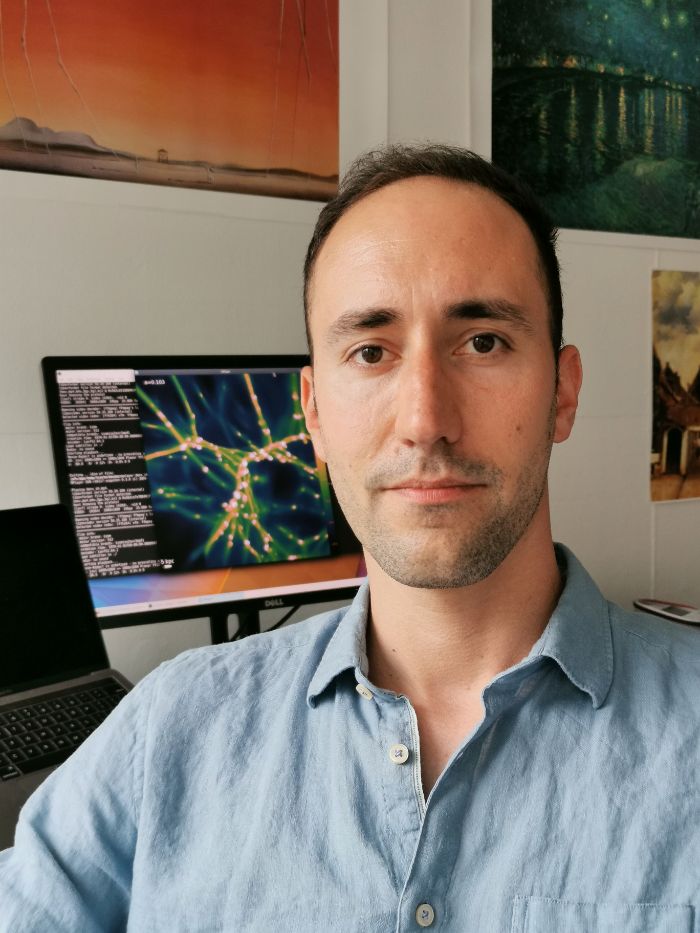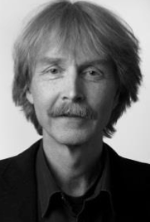Previous events - Page 99
Eörs Szathmáry, Institute of Evolution, Centre for Ecological Research, Budapest and Parmendes Foundation Pullach/Munich
Generate a data management plan for a Life Science research project that will meet the requirements of the Research Council of Norway
Does abundance of Northeast Arctic cod Gadus morhua influence the schooling dynamics of capelin Mallotus villosus?
The summer school for early-stage PhD students and MSc students, was held in early September 2021.
The annual conference for and by the members of the research school.
Everybody wishes to build a digital twin, but it is unclear as to what the idea means. This presentation will try to clarify what a digital twin is and show how it can be a valuable tool in digitalization.
Luke Zoet (University of Wisconsin-Madison): Investigating subglacial processes through seismicity and experimentation
Hylleraas seminar, hosted in Oslo
Haakon Andresen, Max Planck Institute for Gravitational Physics, Germany
A graded Artinian Gorenstein ring A is a quotient of a polynomial ring S with the apolar ideal of a homogeneous form. The Betti numbers of the resolution of A as an S-module are invariants to the homogeneous form. In joint work with Michal and Gregorz Kapustka, Hal Schenck, Mike Stillman and Beihui Yuan, we use these Betti numbers to describe a stratification of the space of quartics in four variables.
Title: IPCC-AR6 Chap. 1: Framing, context, methods
Speaker: Bjørn Samset, Cicero
Open lectures by C. Jessica E. Metcalf and John-Arne Røttingen. The topics are the ecology and evolution of hosts and pathogens, and translating science to policy – the case of pandemic preparedness and response.
Alberto Merici will present his paper (joint with Frederico Binda and Shuji Saito) "Derived log Albanese sheaves".
Doctoral candidate Frederik André Hansen at the Department of Pharmacy, Faculty of Mathematics and Natural Sciences, is defending the thesis "Electromembrane extraction of polar pharmaceutical bases and endogenous metabolites" for the degree of Philosophiae Doctor.
Doctoral candidate Bjørg Jenny Kokkvoll Engdahl at the Department of Geosciences, Faculty of Mathematics and Natural Sciences, is defending the thesis Improved predictions of supercooled liquid water and atmospheric icing in the HARMONIE-AROME weather prediction model for the degree of Philosophiae Doctor.
M.sc. Manas Pradhan by the Department of Technology Systems will be defending his thesis:
Interoperability for Disaster Relief Operations in Smart City Environments
for the degree of Philosophiae Doctor.
Late Lunch Talk by Ruiyun Li
Oliver Röndigs will give a one hour talk entitled "Homotopy of SLn and the relation between Milnor- and Quillen K-theory"
A NORA workshop in collaboration with Centre for Digital Life Norway, Elixir Norway, University of Oslo and dScience. The goal of this workshop is not only to boost Norwegian and international research within protein folding and function by advanced AI methods, but also to inspire development of AI-powered biotech in Norway.
Eric Larose (Université Grenoble Alpes): Environmental seismology : an emerging tool for probing slopes stability, rockfalls, and the evolution of the permafrost.
Doctoral candidate Christian Agrell at the Department of Mathematics, Faculty of Mathematics and Natural Sciences, is defending the thesis Probabilistic machine learning and phenomenological knowledge Developments for optimization under uncertainty in safety-critical systems for the degree of Philosophiae Doctor.
Abstract: It is known that a sessile drop subject to a forced vibration will vibrate in different shapes depending on the frequency of the forcing, the drop’s liquid properties and the liquid/solid/gas system. So the question then becomes, what can these vibrating drops help us understand? Here we find that we can use the motion of these drops to understand the constitutive law relating the drop’s apparent dynamic contact angle to its contact line velocity. We find we are able to extract mobility parameters like those described by the Davis-Hocking model, and that mobility parameters extracted in this fashion can be used in simulations of drop-drop coalescence to accurately predict post-coalescence dynamics.
This talk is part of the Mechanics Lunch Seminar series. That means 20min talks plus discussion in an informal setting and bring-your-own-lunch.
Tiago Costa, Max Planck Institute for Astrophysics, Germany
How can genomic data and systems medicine be used in prediction tools in clinical guidelines of breast cancer?
Title: The IPCC AR6 process and main messages in Summary for Policy makers
Speaker: Jan Fuglestvedt, Cicero
